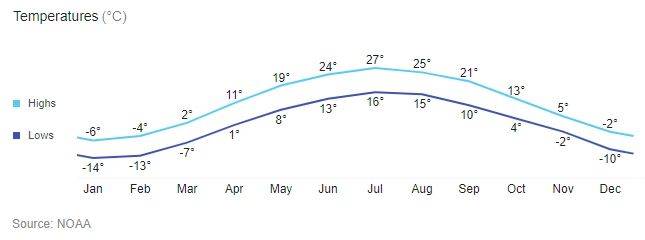

These items are optional and you can choose them as you wish after applying for the course.
| Term start& deadline | Deadline | ||
|---|---|---|---|
| Fall-September 01-December-2022 | 2022-12-01 |
|
The Institute of the Environment offers a master’s level Collaborative Program in Environmental Sustainability and an interdisciplinary Master of Science (MSc) in Environmental Sustainability.
The MSc is aimed at providing future professionals and scholars with the skills and capacities needed to develop effective regulatory and policy solutions to today’s complex, multi-dimensional environmental problems.
Students will gain foundational knowledge relevant to environmental sustainability from science, law, economics and policy.
Two options are available: the MSc with thesis and the MSc with research paper. The MSc with research paper option can be completed in 12 months of full-time study, and the MSc with thesis option can be completed in 24 months of full-time study.
Students in the MSc with research paper option may enroll for an additional term of full-time study if needed to fulfill the program requirements.
The Institute of the Environment, in collaboration with the University of Ottawa’s CO-OP office, offers a CO-OP option to a limited number of students. Students must submit an application for the CO-OP option at the beginning of their first term of studies.
The CO-OP option provides the opportunity to acquire practical work experience by completing two one-term paid work placements.
$39,556
| Cost of living | 1 person | $9,156 |
| Accommodation | 1 bed room | $13,837 |
| Tuition | 1 person | $25,719 |
honours bachelor’s degree or equivalent from a relevant discipline with a minimum average of B (70%)
Examples of relevant disciplines include environmental studies, geography, economics, environmental science, political science, international development, environmental engineering, and law.
It recommend that you contact potential thesis supervisors before applying for this program.
An honours bachelor's degree or the equivalent in a relevant discipline with a minimum average of B (70%). Relevant disciplines include environmental studies, geography, economics, environmental science, political science, international development, environmental engineering and law. However, candidates with honours bachelor's degrees from disciplines other than these may also be considered.

Related courses in univly